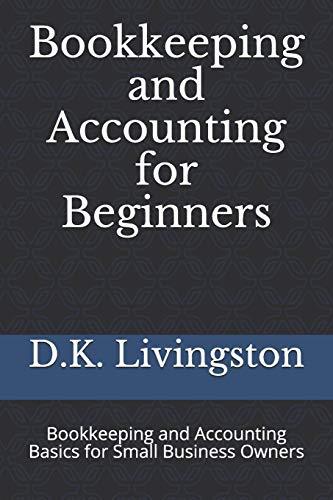can you help me please

1. Corporate Tax Status. (Obj. 1) How do the tax laws determine whether a business should be taxed as a C corporation? Forming a Corporation. (Obj. 1) Daniel forms a corporation by transferring land worth $50,000 for 100% of the stock in the corporation. Daniel paid $60,000 for the land. 3. How much gain or loss do Daniel and the corporation recognize on the transfer? a. b. What is Daniel's basis in his shares of stock in the corporation? What is the corporation's basis in the land? C. 5. Forming a Corporation and Shareholder's Basis. (Obj. 1) Toby contributes $60,000 cash exchange for stock in the corporation. Keith contributes land worth $70,000 (basi $55.000) in exchange for $10,000 cash and $60,000 worth of stock in the corporation. After the transfer, Toby and Keith own 100% of the corporation. How much gain or loss do Toby, Keith, and the corporation recognize on the transfer? a. What is Toby's basis in the stock? b. c. What is Keith's basis in the stock? d. What is the corporation's basis in the land? e. How, if at all, would your answers to parts a. through d. change if Keith's basis in the land were $66,000 (instead of $55,000)? f. How, if at all, would your answers to parts a. through d. change if Keith's basis in the land were $81,000 (instead of $55,000)? 7. Corporation Taxable Income. (Obj. 2) a. What is the difference in the tax treatment of corporate taxable income and business profits reported on Schedule C of a sole proprietor? b. Explain why corporations do not compute AGI. 10 Corporate Capital Gains and Losses. (Obj. 2) How does the tax treatment of net capital gain differ between individual and corporate. taxpayers? a. b. How does the tax treatment of net capital losses differ between individual and corporate taxpayers? 15. Organizational Costs. (Obj. 2) At formation, a corporation incurs the following costs: legal services to obtain a corporate charter, $1,000; state incorporation fees, $700; and costs related to issuing common stock, $3,000. How quickly will the corporation be allowed to deduct these costs? 1. Corporate Tax Status. (Obj. 1) How do the tax laws determine whether a business should be taxed as a C corporation? Forming a Corporation. (Obj. 1) Daniel forms a corporation by transferring land worth $50,000 for 100% of the stock in the corporation. Daniel paid $60,000 for the land. 3. How much gain or loss do Daniel and the corporation recognize on the transfer? a. b. What is Daniel's basis in his shares of stock in the corporation? What is the corporation's basis in the land? C. 5. Forming a Corporation and Shareholder's Basis. (Obj. 1) Toby contributes $60,000 cash exchange for stock in the corporation. Keith contributes land worth $70,000 (basi $55.000) in exchange for $10,000 cash and $60,000 worth of stock in the corporation. After the transfer, Toby and Keith own 100% of the corporation. How much gain or loss do Toby, Keith, and the corporation recognize on the transfer? a. What is Toby's basis in the stock? b. c. What is Keith's basis in the stock? d. What is the corporation's basis in the land? e. How, if at all, would your answers to parts a. through d. change if Keith's basis in the land were $66,000 (instead of $55,000)? f. How, if at all, would your answers to parts a. through d. change if Keith's basis in the land were $81,000 (instead of $55,000)? 7. Corporation Taxable Income. (Obj. 2) a. What is the difference in the tax treatment of corporate taxable income and business profits reported on Schedule C of a sole proprietor? b. Explain why corporations do not compute AGI. 10 Corporate Capital Gains and Losses. (Obj. 2) How does the tax treatment of net capital gain differ between individual and corporate. taxpayers? a. b. How does the tax treatment of net capital losses differ between individual and corporate taxpayers? 15. Organizational Costs. (Obj. 2) At formation, a corporation incurs the following costs: legal services to obtain a corporate charter, $1,000; state incorporation fees, $700; and costs related to issuing common stock, $3,000. How quickly will the corporation be allowed to deduct these costs













